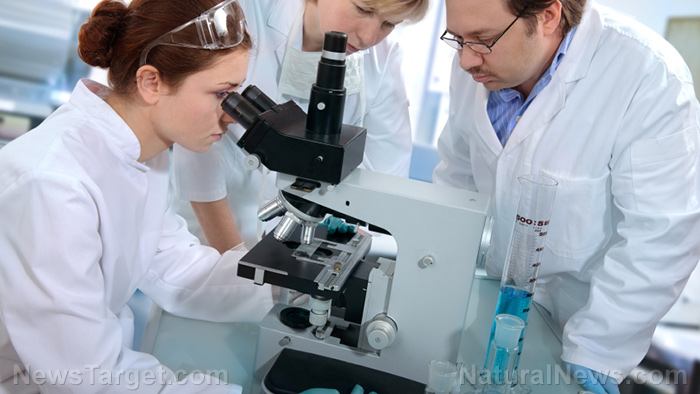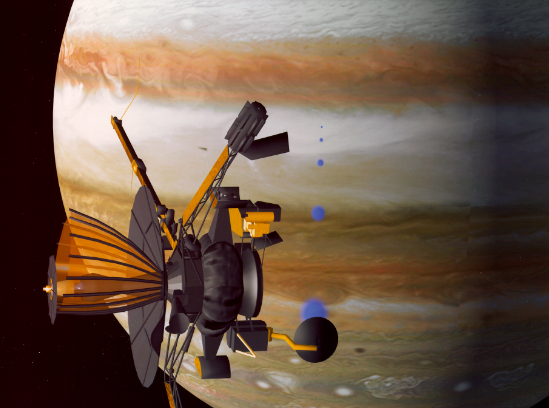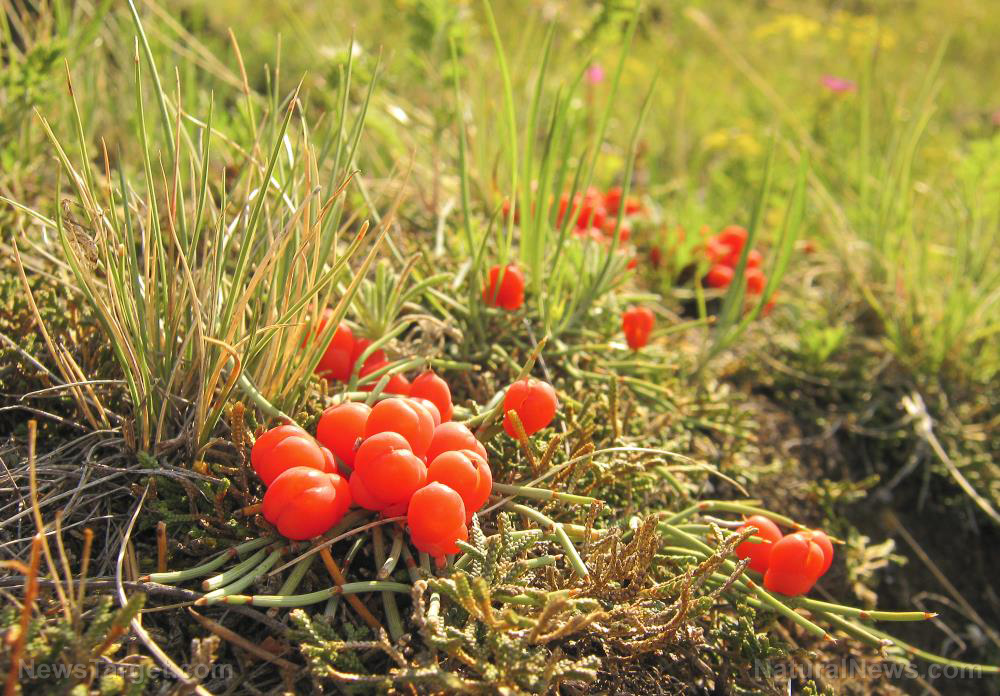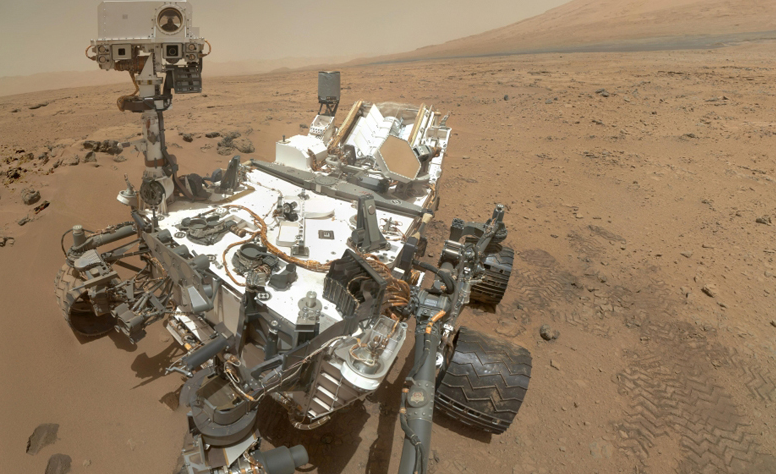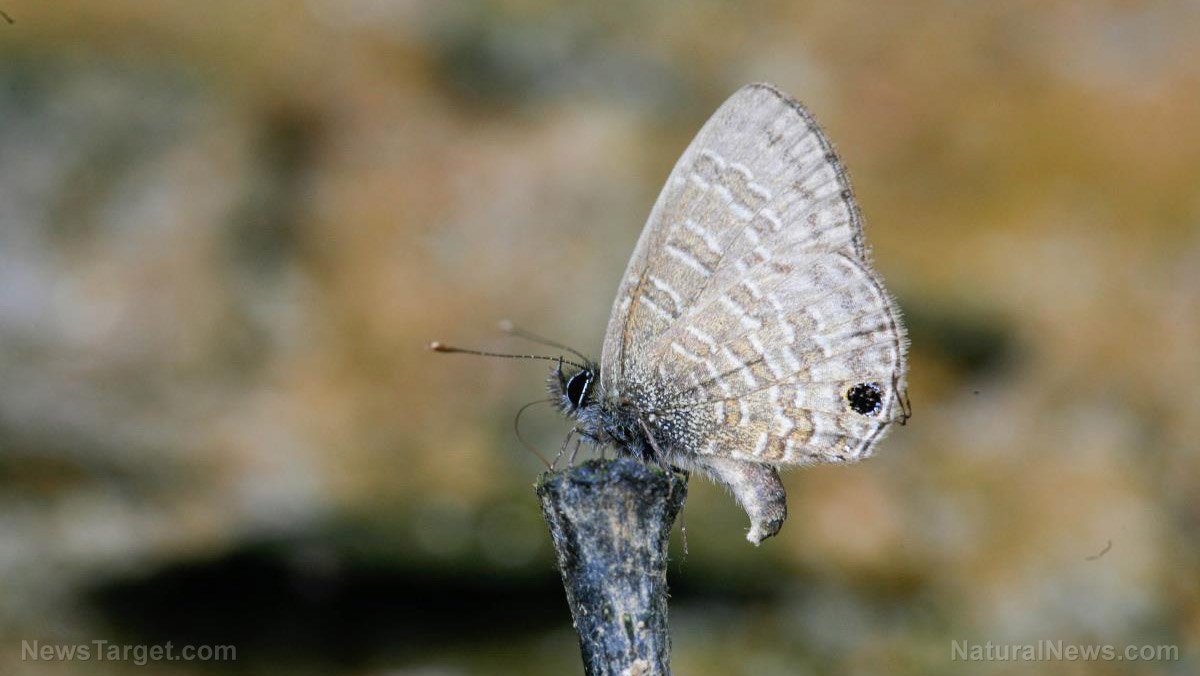
When the environment gets cold enough, liquid matter will switch from its intermediate phase to its solid form. But on certain occasions, liquid can maintain its fluid state in temperatures far below freezing point, a phenomenon that is dubbed "supercooling."
One of the most recent and impressive examples of this supercooling effect comes from Anchor Point, Alaska native Roderick Koop. On a chilly day when temperatures had reached negative 8 F (-22 C), Koop remembered leaving a couple of plastic water bottles lying around in his home. To his surprise, the water in the bottles had not turned into ice despite the temperature in the room being lower than the freezing point of the liquid.
The requirements for such instances of supercooling are quite stringent. First, the liquid must be absolutely pure, with not a single particle of dust or other impurities present in it. Next, the temperature of the liquid should be brought down slowly. Finally, the liquid must also not be disturbed while it is cooling down.
A liquid needs energy in order to turn itself into solid crystals. But if the three conditions are met, the liquid will not get the energy to change its phase. (Related: Weird science: Did a mirror image of the universe exist after the Big Bang?)
Supercooling prevents a liquid from getting enough energy to form solid crystals
Physically disturbing a supercooled liquid will send a shock wave coursing through the medium. The wave will impart kinetic energy upon the liquid, giving it enough energy to begin forming crystals and turning itself into a solid.
Koop reported that he picked up one of the plastic bottles and smacked it on the top of the table. Right after he did so, he saw that the extremely cold liquid turned into solid ice in the blink of an eye.
Since he had a second bottle containing similarly supercooled water, Koop decided to play amateur researcher. He fetched his video camera, set it up to record everything, and repeated the process using the other bottle.
His impromptu experiment achieved the same effects as the earlier activity. The supercooled water inside the bottle immediately formed ice crystals.
"I figured there had to be a scientific explanation," Koop said in an interview. "I had no idea what the heck I had just witnessed when the bottle fell and thought, 'what just happened?'"
Ice crystals can only form in the presence of a "seed" that it can use as a physical foundation for its structure. But pure liquids do not contain any dust, impurities, or ice crystals for ice to use as seed material.
Supercooling can be used to preserve food, cool down computers, and keep you warm
Thanks to supercooling, a liquid can become very cold without turning into ice. So it should not be surprising that the supercooling process sees wide use in various fields.
Supercooling is applicable to metals whose melting point is equivalent to the freezing point of liquids. Supercooling alloys serve as efficient semiconductors that can transmit electricity and heat in electronics.
Researchers are currently working on using supercooling techniques to protect the taste and texture of fruits, meats, and vegetables. Conventional freezing causes ice to form inside the cells of the food. Ice will rupture those cells and ruin the texture of the food, but supercooling can prevent that.
Supercooling can even keep people warm in cold weather. The sodium acetate solution inside a reusable hand warmer normally freezes at room temperature. Instead, it undergoes supercooling. And when it finally forms ice crystals, it releases heat that keeps you warm.
Sources include:
Please contact us for more information.















